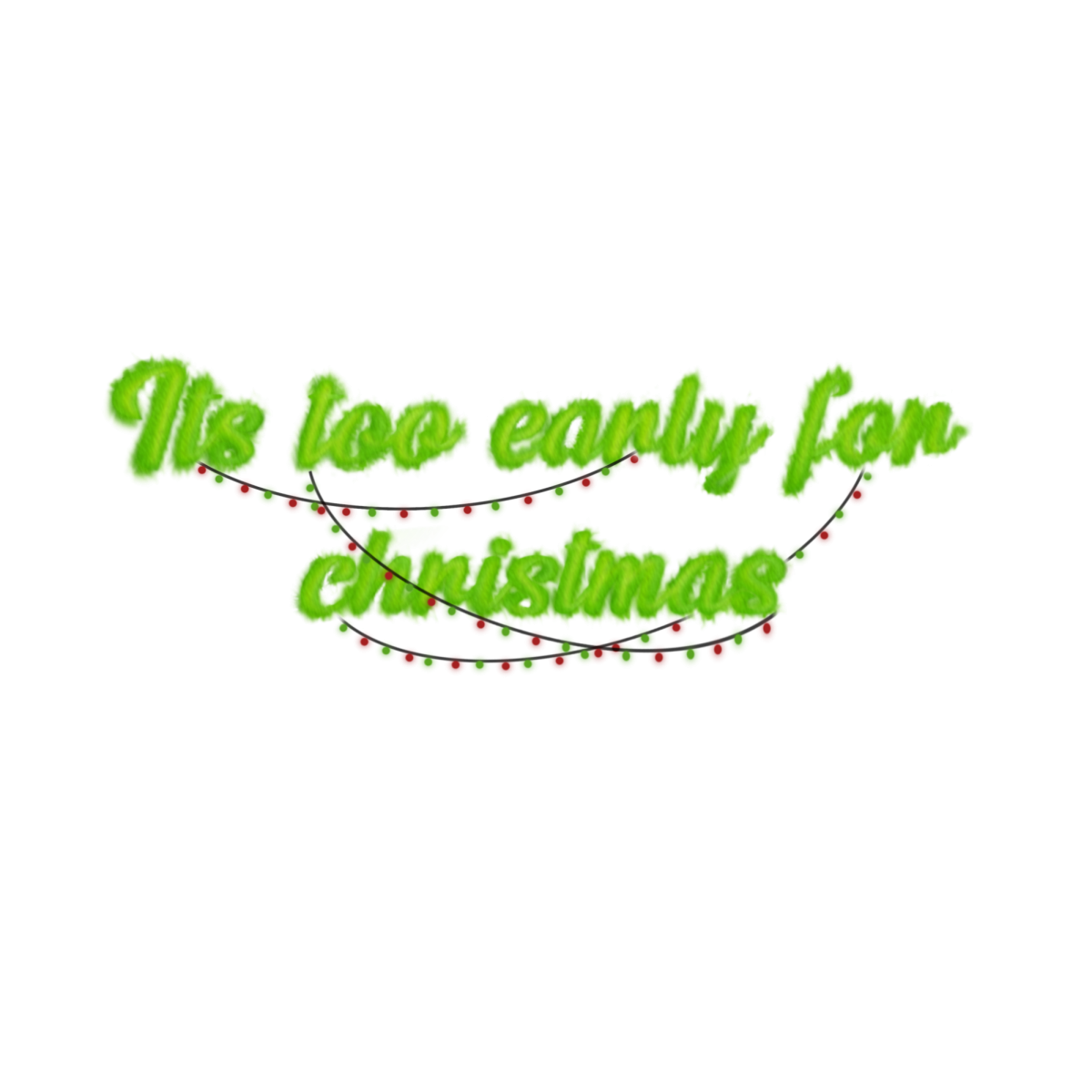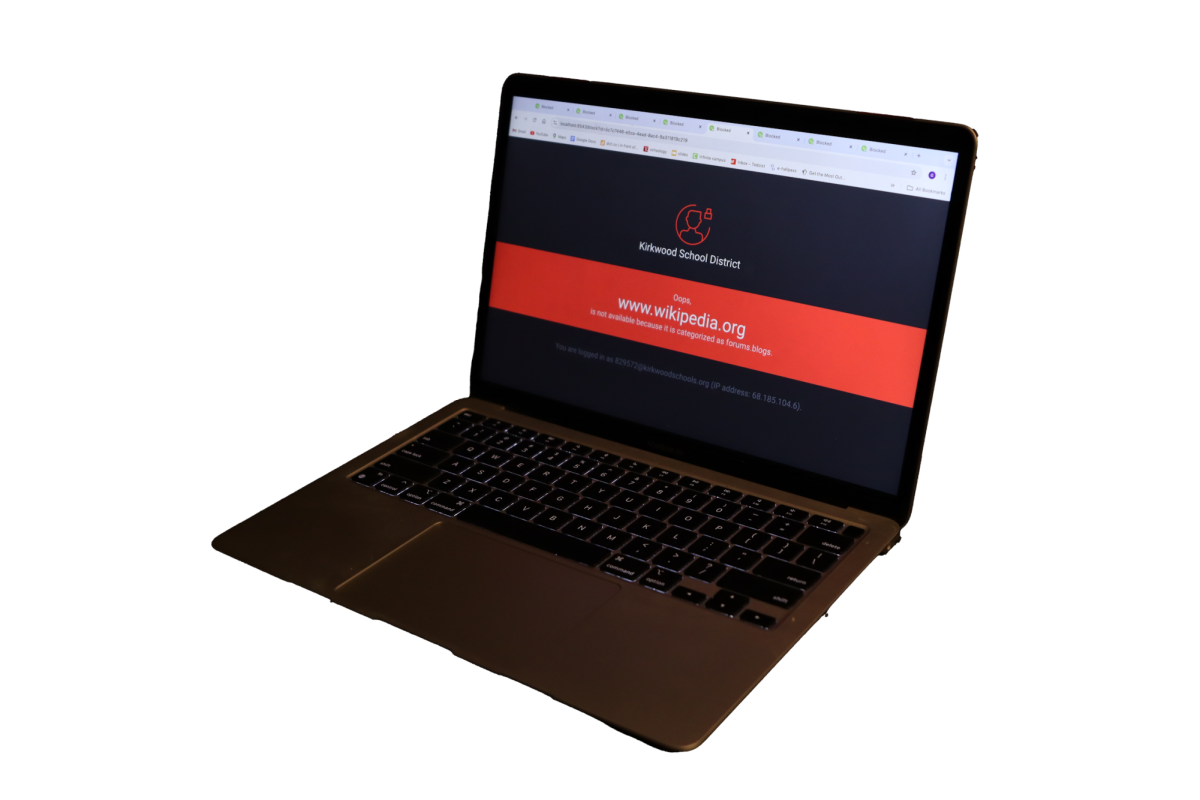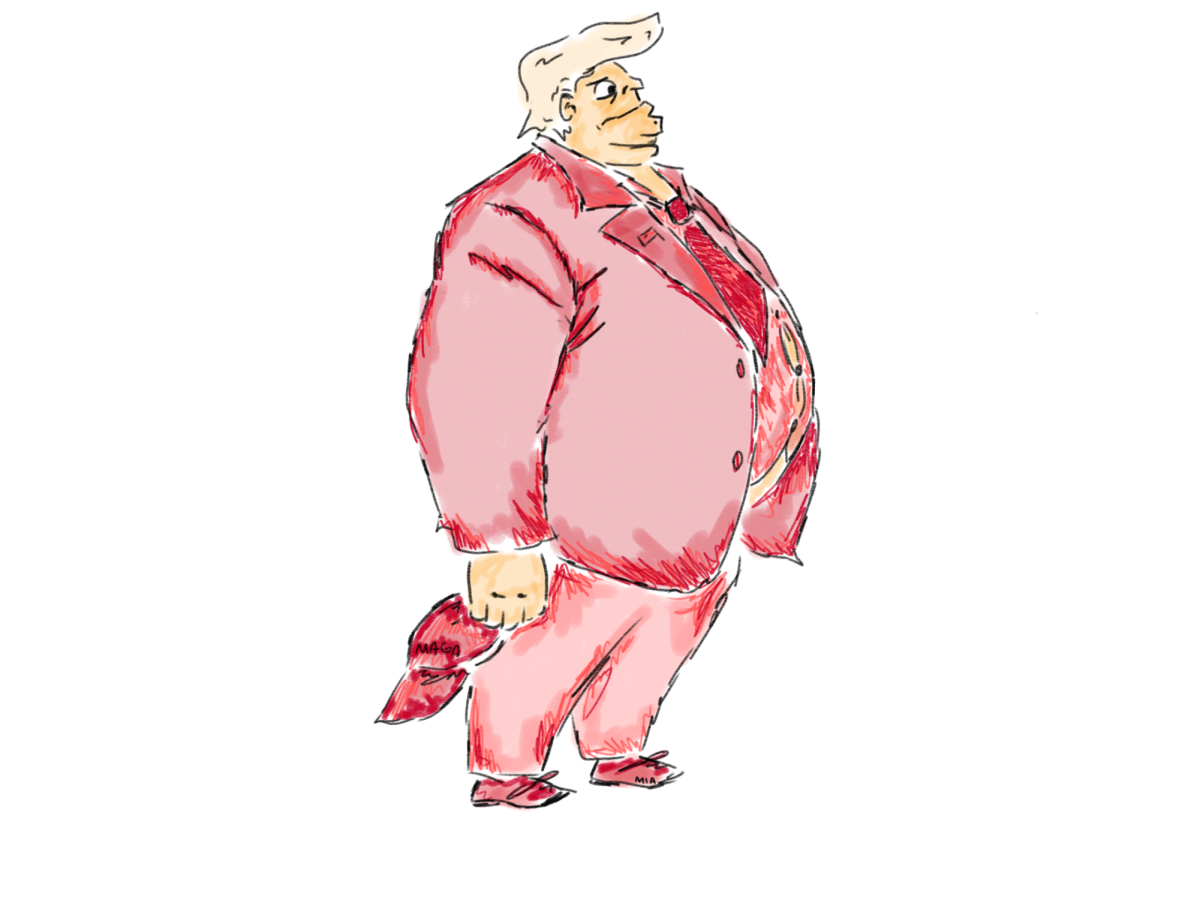It’s a problem that affects all genders. It’s a problem that affects all races. It’s a problem that affects all classes. It’s teen dating abuse, and it has no rules or regulations.
Over the summer I went to a high school journalism camp (HSJI) at Indiana University. All the HSJI newspaper students attended a press conference the second night of camp and wrote either a news story, a feature or an editorial which was due to editors the next morning. The topic of the press conference was teen dating abuse, and Middle Way House Prevention Programs Coordinator Lauren Taylor spoke to the group.
Middle Way House, a domestic violence shelter and rape crisis center in Bloomington, Ind., defines teen dating abuse as “a systematic pattern of oppression in a dating relationship where one partner uses abusive behavior to try to have power over another.” Teen dating abuse can be physical, emotional, verbal, sexual and even economical. Several signs that could indicate an abusive relationship include extreme jealousy, threats and intimidation, isolation and controlling behavior. Both boys and girls can be abusers, although girls ages 16-24 are at the highest risk for abuse, according to Middle Way House.
For example, Anya, 15, who appeared on Dr. Phil to speak about her two past abusive relationships, had a boyfriend who dictated the clothes she wore and the way she did her hair. Because of him, she stopped playing golf, her one true passion, and she neglected her other friends. Anya, like many teenagers, did not recognize her boyfriend’s behavior as abuse. She did, however, recognize that spending time with him made her feel worse about herself, and she stopped seeing him.
“You can’t compromise yourself for someone else,” Anya told Dr. Phil.
And she’s exactly right. Putting others first is appropriate in many situations, but when it comes to somebody’s life, teenagers must learn to stick up for themselves. Detecting abusive relationships can be difficult, and getting out of one takes courage, but this is a serious problem. Nearly 1 in 3 teens who have been in relationships have experienced the most serious forms of dating violence and abuse including sexual abuse, physical abuse or threats of physical harm to a partner or self, according to loveisnotabuse.com. As teenagers, we must be more aware of the ways to sense an abusive relationship. Signs include extreme jealousy, possessiveness, isolation, controlling behavior and threats and intimidation. We have a duty to end those relationships as well, because if we don’t, young boys and girls will continue to be abused.
All it takes is a little action; just one push and the movement will begin. Imagine what we can do if we stand up for people struggling in an unhealthy relationship, naïve of the dangers they are in or too fearful to receive help. Be proactive. Be that help. Be a friend.








